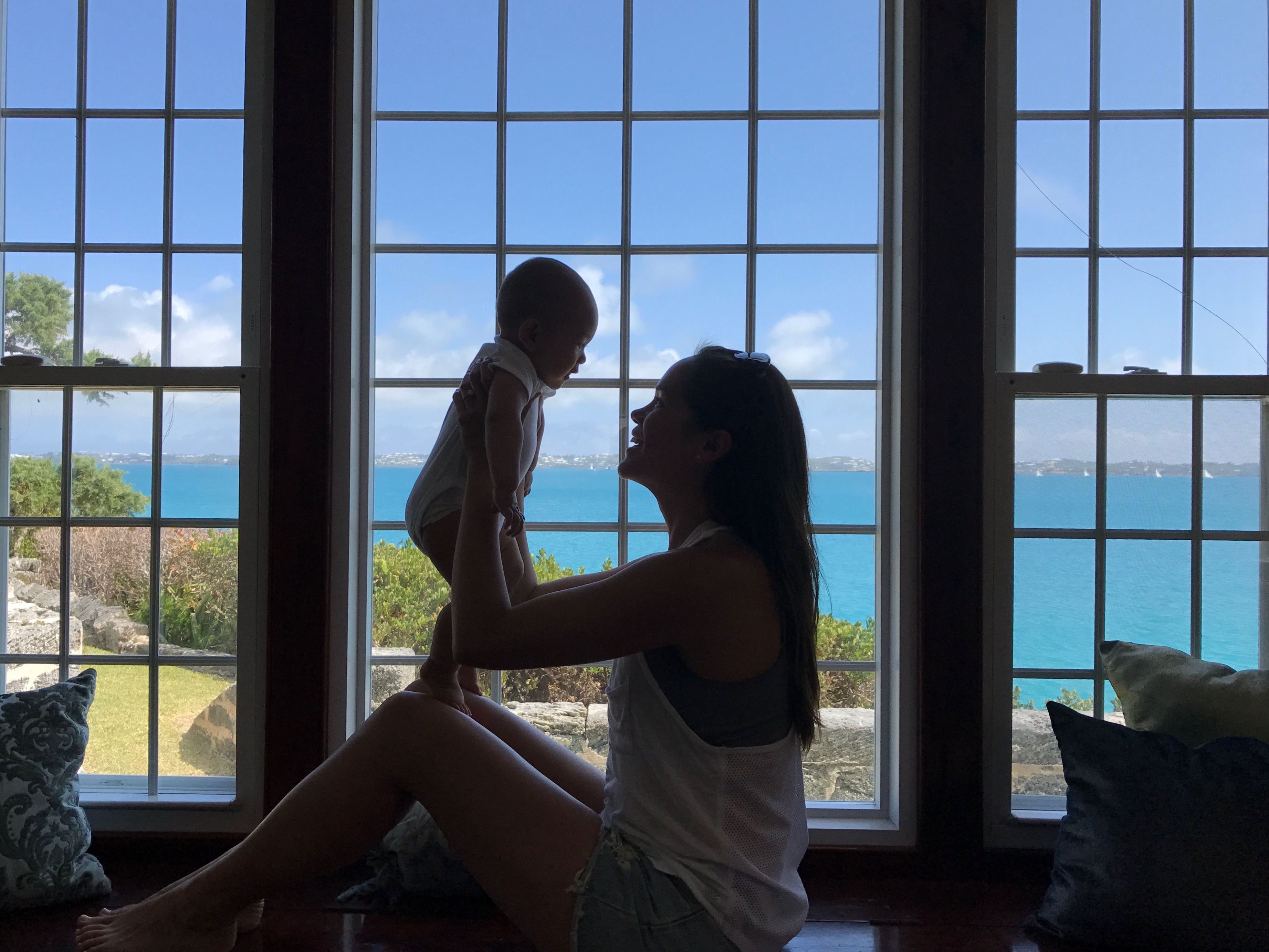Before I became a parent, I thought I was going to exceed the standard of execution and follow-through for all the methods in Bringing Up Bébé, Twelve Hours’ Sleep by Twelve Weeks Old, No Drama Discipline and a plethora of other parenting books in our arsenal. In the nine months before a baby rendered one or both hands virtually useless (or otherwise occupied) roughly 90% of my waking hours, Carlyle had amassed a sizable hardcover and paperback library of parental self-help titles. We should catalog and lend them out.
If you haven’t joined Audible already; do yourself a favor: join Audible already.
Anyway, just do exactly what the book says, right? I mean, I had a 10-year career managing the lives of some of New York City’s most powerful people; how hard could it be to manage a baby? However, as I had experienced throughout my corporate life, what works for one person does not always work for another. Having tweaked or entirely changed my administrative-assistant style based on the diverse office cultures and management systems of magnates, such as Martha Stewart, Stephen Ross and Arianna Huffington, I’m not sure why it came as such a shock that babies are just as individual and unique as adults. And so it went that not everything in the general parental self-help genre worked like a charm (or anything remotely close to a charm) for Sydney.
But here’s what I didn’t do. I didn’t throw my arms in the air and the books out with the bath water. I didn’t seek impunity for my ignorance, shortcomings or failures (yes, failures; because sometimes we must accept that we fail) by cosigning on the common scapegoat: You can’t learn how to be a parent from a book. Depending on the spin one takes, there are a variety of perspectives surrounding that argument (one example here; another example here).
Adam Gopnick of The New Yorker denounces Achtung Baby: An American Mom on the German Art of Raising Self-Reliant Children — a book by self-professed writer, parent and occasional ranter Sara Zaske — as an “inevitable follow-up” to Bringing Up Bébé: One American Mother Discovers The Wisdom of French Parenting. He goes on to criticize the latter, written by author (and mama) Pamela Druckerman, as “that best-selling book about parenting the way the French supposedly do it — basically, as though the kids were little grownups, presumably ready for adultery and erotic appetites.”
“So why not move eastward through Europe, until we get the book on parenting the Moldavian way?” he asks and then answers: “What’s wrong with such books is not that we can’t learn a lot from other people’s ‘parenting principles’ but that, invariably, you get the problems along with the principles.”
Gopnick’s full argument is perhaps written in the tone of a parent who may have read Bringing Up Bébé with naive enthusiasm before his first child actually arrived, only to later be confronted with the realities of a strong-willed toddler. Parents of “easy babies” will not understand the criticism of their French-propagated Bible, but I — disheartened by the equally miraculous and frustrating diversity of baby personalities and the lack of a one-size-fits-all solution — was ready to burn the book by the time Sydney reached her first birthday.
What I’ve been learning is that I cannot default to all-or-nothing extremes when I seek the input of parenting authors. So once the sleep deprivation passed, I was not upset that Druckerman got my money. My subsequent discussions of her book were an impetus behind the only unsolicited advice I offer to other new parents: Listen to all of the advice, but only take what you want.
While I pursue the information assembled by child development and caregiving specialists, as well as experienced parents — and likewise receive plenty of uninvited input from peers (and elders) — I’ve learned to accept most of it without an outward objection or an inward eye-roll. Why? Because creativity can beget creativity. If you let it, someone else’s mediocre or even terrible advice might spark a new perspective or idea. A lot of parenting is trial-and-error and some trials might sink while some errors might inspire.
I’ll never stop filling my mental toolbox with all of the advice I can gather from responsibly-researched books and the experiences of other parents, but as I was told when Sydney was three months old:
“You have to learn to raise the child you have, not the one you imagined.”

Originally published on Facebook on November 4, 2017, and at MOMganized.com on February 23, 2018.


